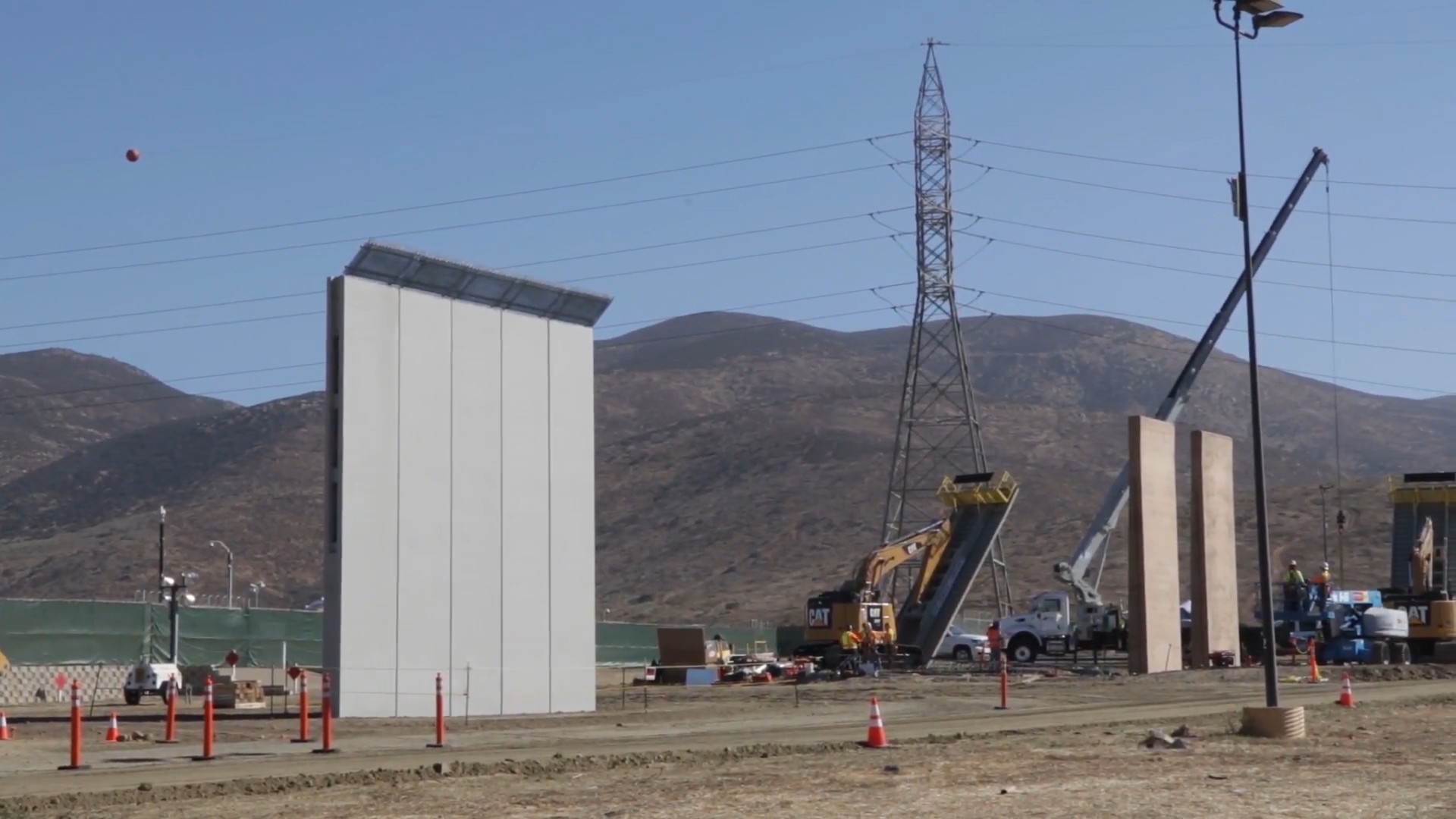The Supreme Court ruled Monday that President Donald Trump’s travel ban on six majority-Muslim countries should go into effect.The ban had been blocked by judges in Maryland and Hawaii, who issued injunctions to keep Trump’s travel ban from going into effect after he revised it for the third time in September. But the Supreme Court’s lruling means the administration can pause travel from Libya, Iran, Somalia, Sudan, Syria and Yemen — even as the case over the ban winds its way through the courts.Read more: Trump revised his travel ban to ensure a Supreme Court showdownSeven of the nine justices supported the ruling, leaving only Justice Sonia Sotomayor and Justice Ruth Bader Ginsburg in favor of halting the ban.Two U.S. appeals courts — the 9th U.S. Circuit Court of Appeals and the 4th U.S. Circuit Court of Appeals — will hear challenges to the travel ban this week. In its ruling, the Supreme Court justices also noted that they hoped these courts will make a decision on the ban’s legality “with appropriate dispatch.”This means that the Supreme Court, which had originally prepared to hear oral arguments in the case before removing arguments from its schedule back in September, could still hear the case before the end of its term in June.In a statement Monday following the ruling, the ACLU’s Immigrants’ Rights director Project Omar Jadwat called the decision “unfortunate.”“President Trump’s anti-Muslim prejudice is no secret — he has repeatedly confirmed it, including just last week on Twitter,” Jadwat said in a statement. “We continue to stand for freedom, equality, and for those who are unfairly being separated from their loved ones”But legal experts told VICE News earlier this year that Trump’s third travel ban is much more likely to withstand courts’ scrutiny than his previous attempts. Each country now has its own set of travel restrictions, as opposed to broad restrictions that apply generally.“The courts historically have been very deferential to the president on issues of immigration,” Adam Winkler, a professor at the University of Los Angeles School of Law, told VICE News after Trump issued his third ban. “Now that the president has issued a nuanced and detailed travel ban, the courts might be expected to return to their traditional policy of deference.”It’s unclear if the order, which goes into effect immediately, means the ban itself will go into effect at once. In Trump’s September presidential proclamation outlining the third ban, he decreed that some of its aspects wouldn’t take effect until October. (Courts struck down Trump’s first travel ban, in part, due to its suddenness.) That deadline, however, has since passed.
Advertisement
